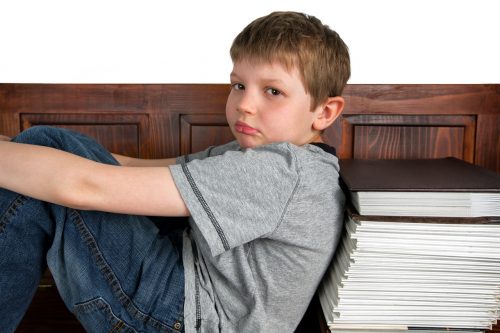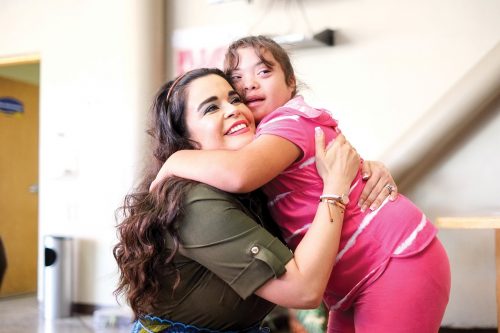
Being depressed is not just feeling sad, unhappy, empty, or fed up. Every human being experiences these feelings, but with depression, it can last for weeks or months. It is not being weak or a state of mind that can be willed or wished away. This is a real disease with real symptoms, thus, it should not be taken lightly.
There are around 15 million Americans every year who is struggling with depression, each comes in different forms – from major depression and seasonal affective disorder to dysthymia and bipolar disorder. This is a considerable number to be taken for granted.
What Is Depression?
With what is happening in the world right now, it is important to be aware of what depression is and how to properly help people with this condition. Depression is considered to be a serious but common mood disorder. It triggers severe symptoms to influence your emotions, thought processes, and daily activities like eating, working or sleeping. The signs should remain for at least two weeks to be acknowledged as clinically depressed.
Depression with teens
Simon Rego, PsyD once said, “Many people mistakenly believe that if you can’t see it like you can a broken bone, it must be less significant and therefore can be overcome by simply using willpower. If not, they mistakenly believe that people who suffer from depression are weak.” We may have seen that most young people are being diagnosed with depression. This is mainly caused by their adolescence which is always an unsettling time because there are a lot of physical, emotional, psychological and social changes that occur at this stage.
Teens may experience a surge of emotional challenges when faced with unrealistic expectations from them which makes them feel disappointed about themselves. It is evident to them to feel that life is not being fair and that things would never go their way. This results in being stressed out and will then affect their outlook on their lives. It is important for parents to be sensitive enough to their children and help them get through with their lives.
How To Deal With It?

“There are many effective treatments for depression that are available to you when you make the decision to get help for your depression.” Dr. Chantal Gagnon PhD LMHC said. For people diagnosed with depression, it is essential to know that this condition is very treatable. It is said that 80-90 percent of people with depression eventually came in good terms with the treatment. They were able to cure most of their symptoms.
If you think you might have depression, the first thing to do is to seek professional help. A diagnostic evaluation should be conducted. It includes an interview and possibly a physical examination.
After a thorough examination, there will be a series of treatments to use, depending on the diagnosed condition. One way is through medication. Antidepressants might be used to help balance out one’s brain chemistry. You may use it for six months, or more depending on if the symptoms have improved.
Another way is through psychotherapy. It is popularly known as the mild treatment of depression. This form of therapy is focused mainly on the present and problem-solving.
“Depression is a disorder that develops from environmental and biological issues that are unique to each person.” says Deborah Serani, PsyD. People with depression should know that there help that is always available for them and that there hope for them. Mental health is equally vital to physical health, and the same treatment should be given to it. Caring and support can save a life.


